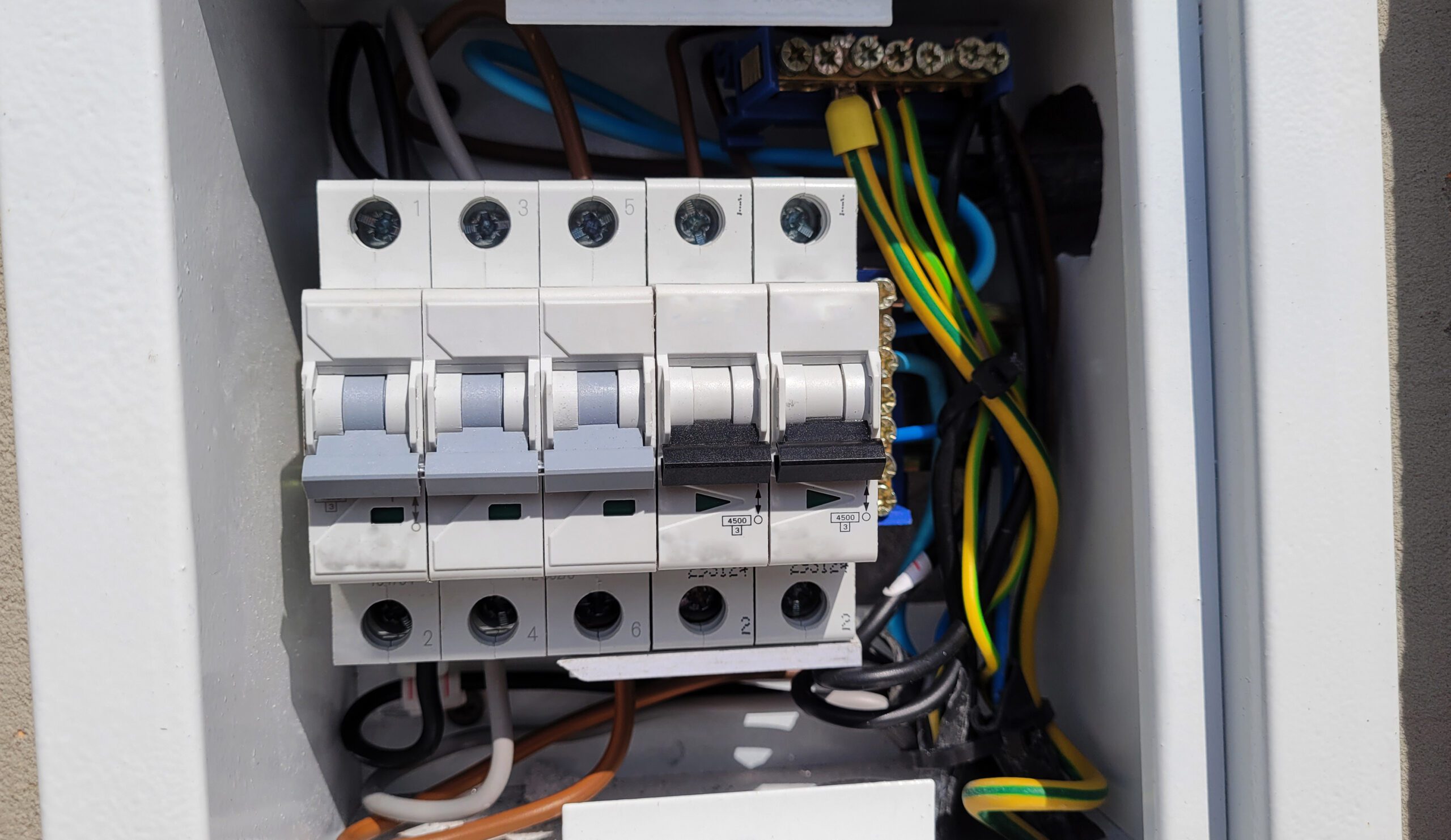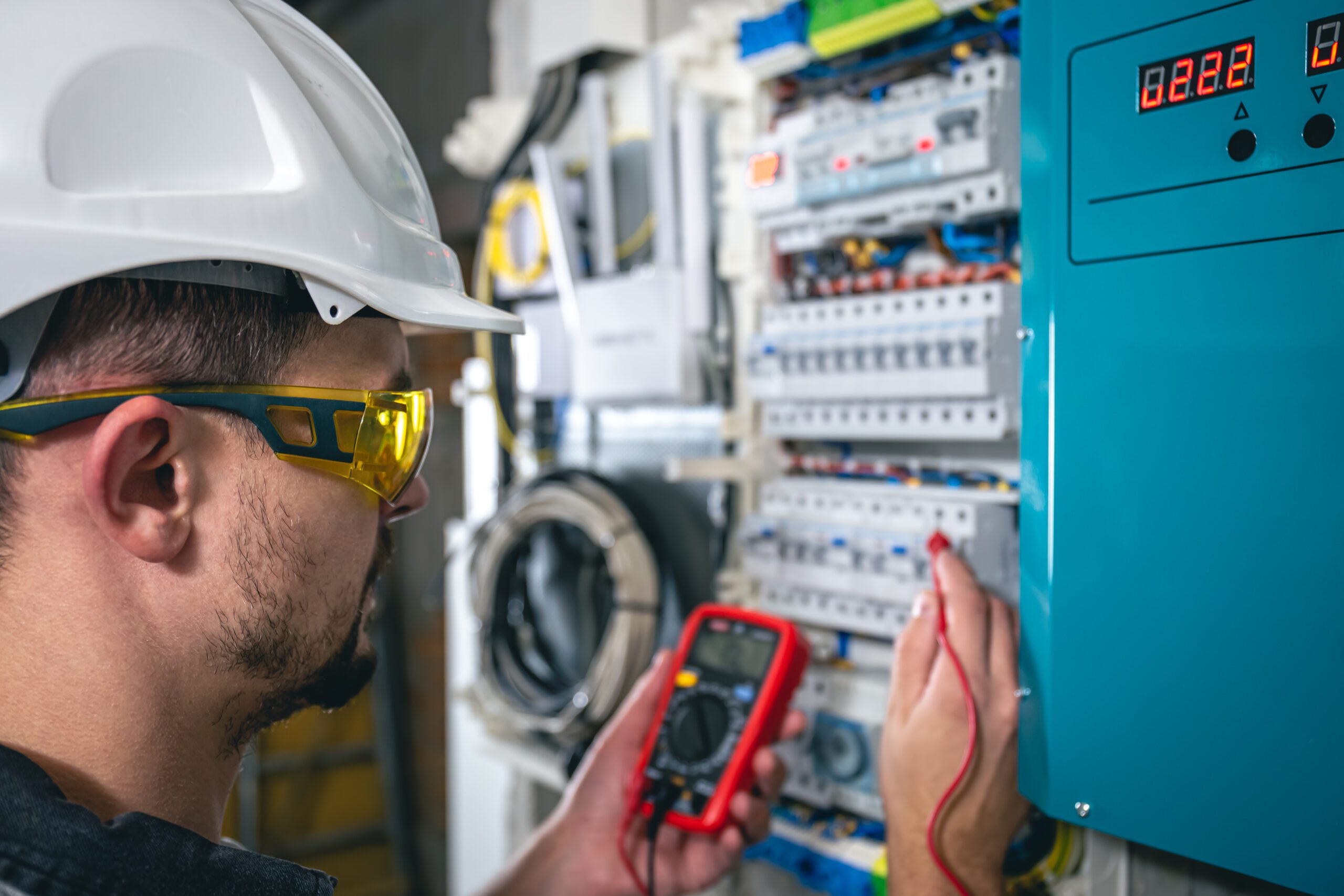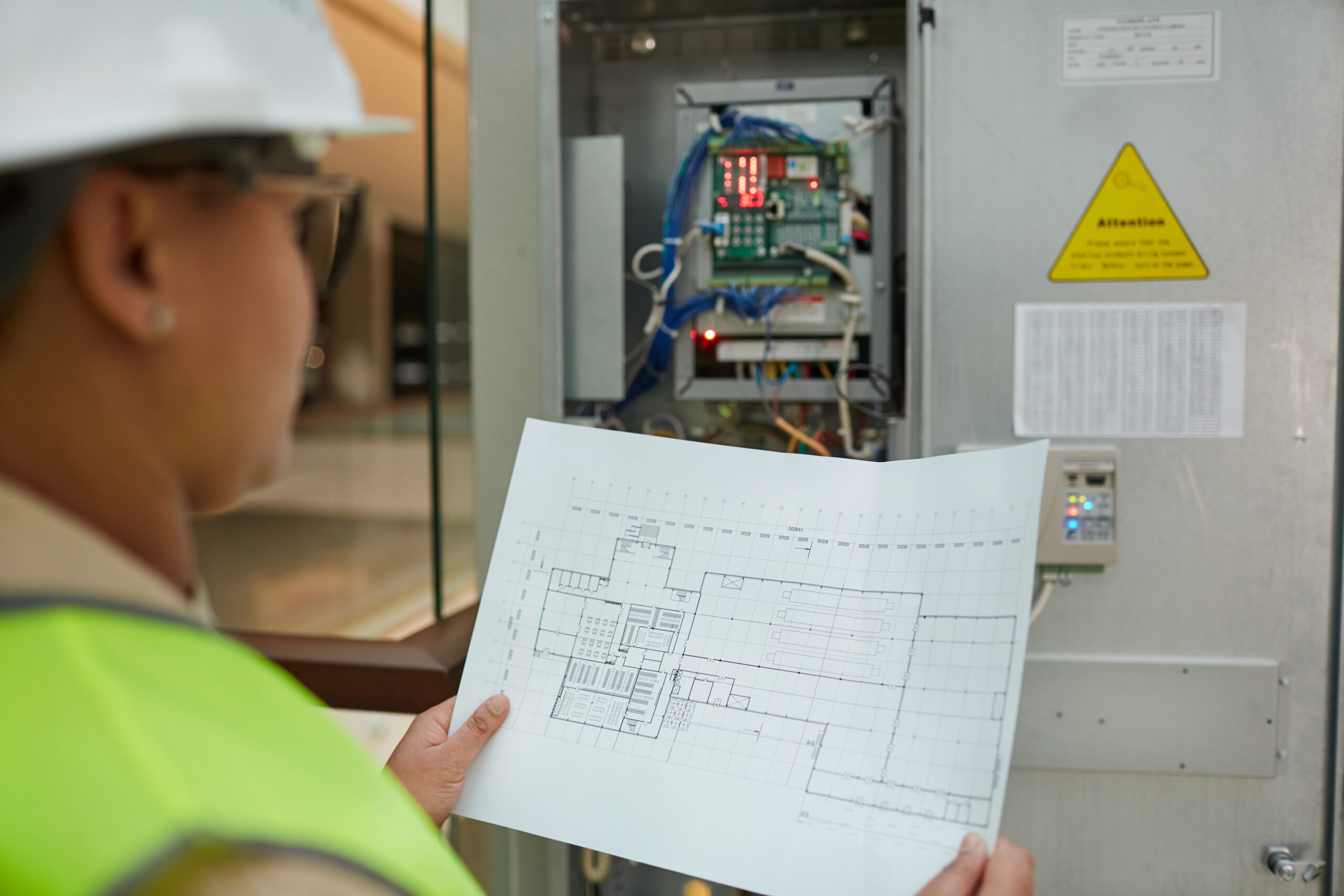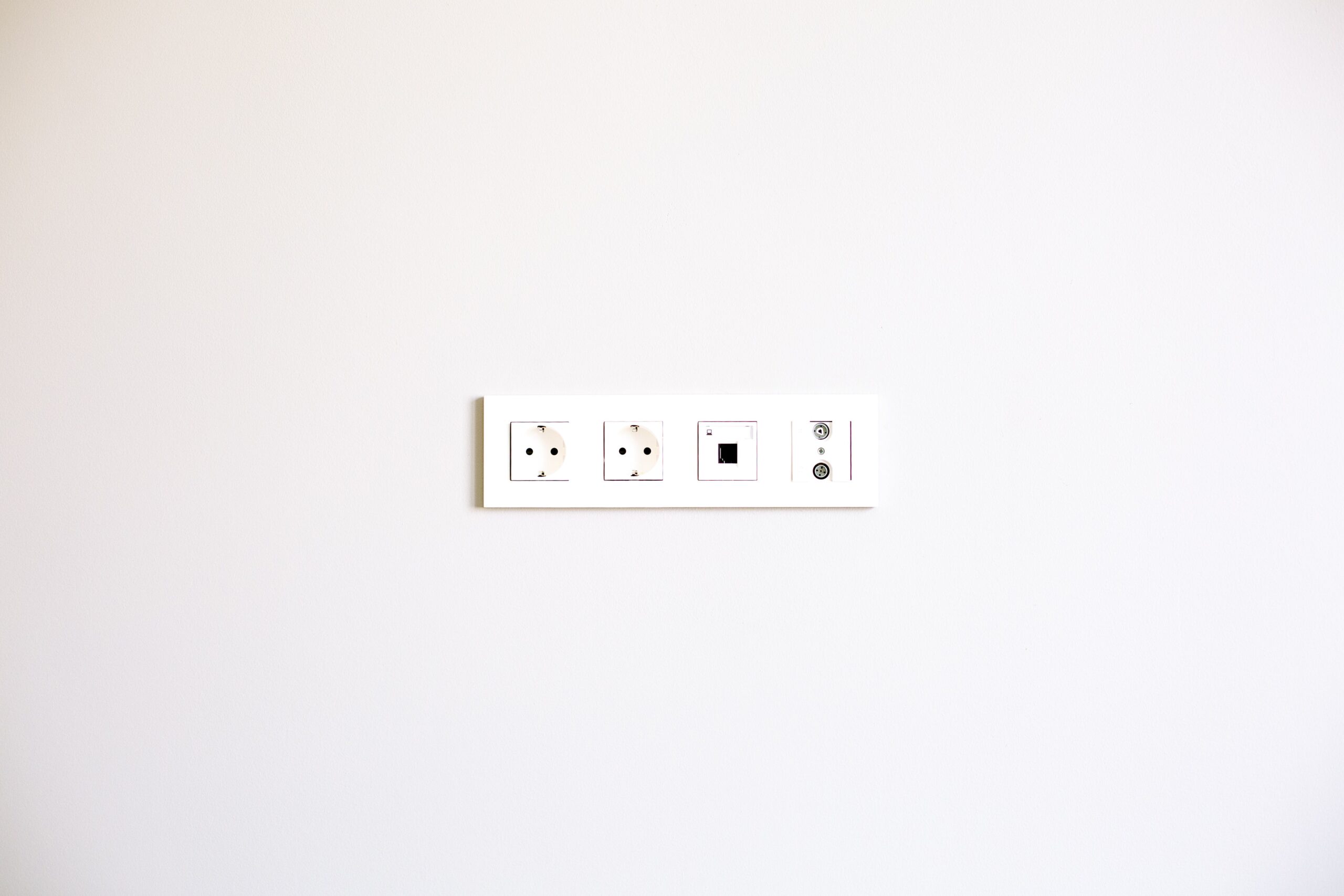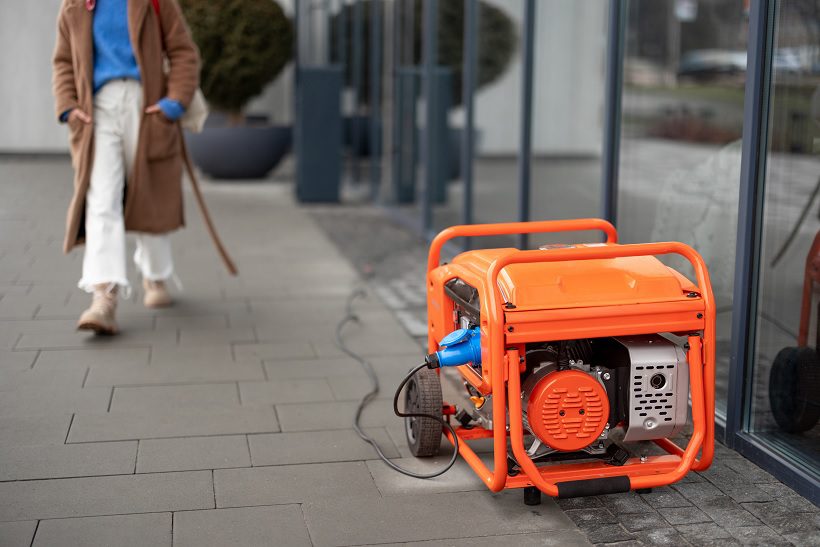The growing movement towards sustainable living and the need to reduce energy consumption has led many homeowners to explore alternative solutions to traditional lighting fixtures. Energy-efficient lighting not only lowers energy costs but also reduces carbon emissions and the strain on natural resources, all while enhancing the ambiance and aesthetics of your home. By opting for eco-friendly lighting options, homeowners can benefit from cost savings, environmental stewardship, and a home atmosphere that feels more comfortable and inviting.
Let our team of skilled technicians guide you in selecting and installing the ideal energy-efficient lighting solutions for your home. By partnering with our experts, you can transform your living space into an environment that’s both eco-friendly and aesthetically pleasing while enjoying the cost savings and long-lasting performance that energy-efficient lighting options offer.
Popular Energy-Saving Lighting Solutions
- LED Lighting: Light Emitting Diode (LED) technology has revolutionized the lighting industry due to its incredible energy efficiency, long lifespan, and versatility. LED bulbs consume significantly less energy than traditional incandescent bulbs and offer exceptional performance, with an average lifespan of up to 25,000 hours. Available in a wide range of colors and designs, LED lighting is an ideal choice for homeowners looking to enhance their home’s interior and exterior lighting while lowering energy costs.
- Compact Fluorescent Lights (CFLs): CFLs are another popular energy-efficient lighting option that uses a fraction of the energy consumed by traditional incandescent bulbs. Although not quite as energy-efficient as LED bulbs, CFLs still offer considerable energy savings and boast a longer lifespan than incandescent bulbs, averaging around 10,000 hours. CFLs are available in a variety of shapes, sizes, and color temperatures, making them a versatile choice for residential lighting needs.
- Smart Lighting Systems: Smart lighting technology allows homeowners to control their home’s lighting via smartphone apps or voice assistants, offering unparalleled convenience and energy efficiency. With the ability to program lighting schedules, adjust brightness levels, and even access real-time energy usage data, smart lighting systems provide homeowners with the tools to optimize their home’s lighting for maximum energy savings and comfort.
Maximizing Energy Efficiency with Proper Fixture Selection, Placement, and Controls
- Choose Energy-Efficient Fixtures: Enhance your home’s energy efficiency by selecting lighting fixtures specifically designed for use with energy-saving bulbs. These fixtures often feature optimized designs that work seamlessly with LED and CFL bulbs, ensuring maximum performance and lifespan for your energy-efficient lighting investment.
- Utilize Task and Accent Lighting: Strategically using task and accent lighting in conjunction with ambient lighting can help reduce overall energy consumption. Incorporate energy-efficient table lamps, under-cabinet lighting, and floor lamps to provide focused illumination where needed, allowing you to reduce the reliance on energy-consuming overhead lights.
- Implement Dimmer Switches and Occupancy Sensors: Integrate dimmer switches and occupancy sensors throughout your home to further enhance energy savings and customization of your lighting environment. Dimmer switches allow you to adjust the brightness level of your lights, reducing energy usage when full illumination isn’t necessary. Occupancy sensors automatically turn lights on and off based on room occupancy, eliminating energy waste caused by lights being left on in unoccupied spaces.
Working with a Professional Technician to Overhaul Your Home’s Lighting
- Comprehensive Lighting Assessment: A skilled technician can perform a thorough evaluation of your home’s current lighting infrastructure, identifying areas for improvement and recommending appropriate energy-efficient solutions. This comprehensive assessment provides a roadmap for transforming your home’s lighting environment while lowering energy costs.
- Expert Recommendations and Installation: Partnering with a professional technician for your energy-efficient lighting upgrade ensures you receive tailored recommendations based on your unique needs and preferences. Beyond providing expert advice, technicians can perform proper installation of your chosen lighting solutions, adhering to safety codes and ensuring optimal performance and longevity of your new fixtures.
- Safe Electrical Practices: Upgrading your home’s lighting may involve rewiring, the addition of new circuits, or the replacement of outdated electrical components. Working with a licensed technician ensures that all work adheres to local safety regulations and is executed with proper regard for the safety of your home and its occupants.
- Ongoing Support and Maintenance: Establishing a relationship with a skilled technician means having access to ongoing support and maintenance services for your energy-efficient lighting solutions. With the help of a professional, you can troubleshoot any issues that may arise, ensuring the longevity and performance of your lighting upgrades.
Conclusion
Investing in energy-efficient lighting solutions not only helps create a comfortable and attractive living environment but also contributes to substantial energy savings and reduced carbon emissions. By embracing energy-saving technologies like LED and CFL bulbs, optimizing fixture selection and placement, and partnering with a professional technician, homeowners can transform their home’s lighting while enjoying the numerous benefits of eco-friendly solutions.
Choose Turner On Services, the trusted electrician in Bethel, and let our experienced technicians help you navigate the world of energy-efficient lighting. Trust us to install the most effective solutions for your specific needs, creating a beautiful, eco-friendly, and cost-effective lighting environment that will enhance your home’s ambiance and lower your energy costs for years to come.





